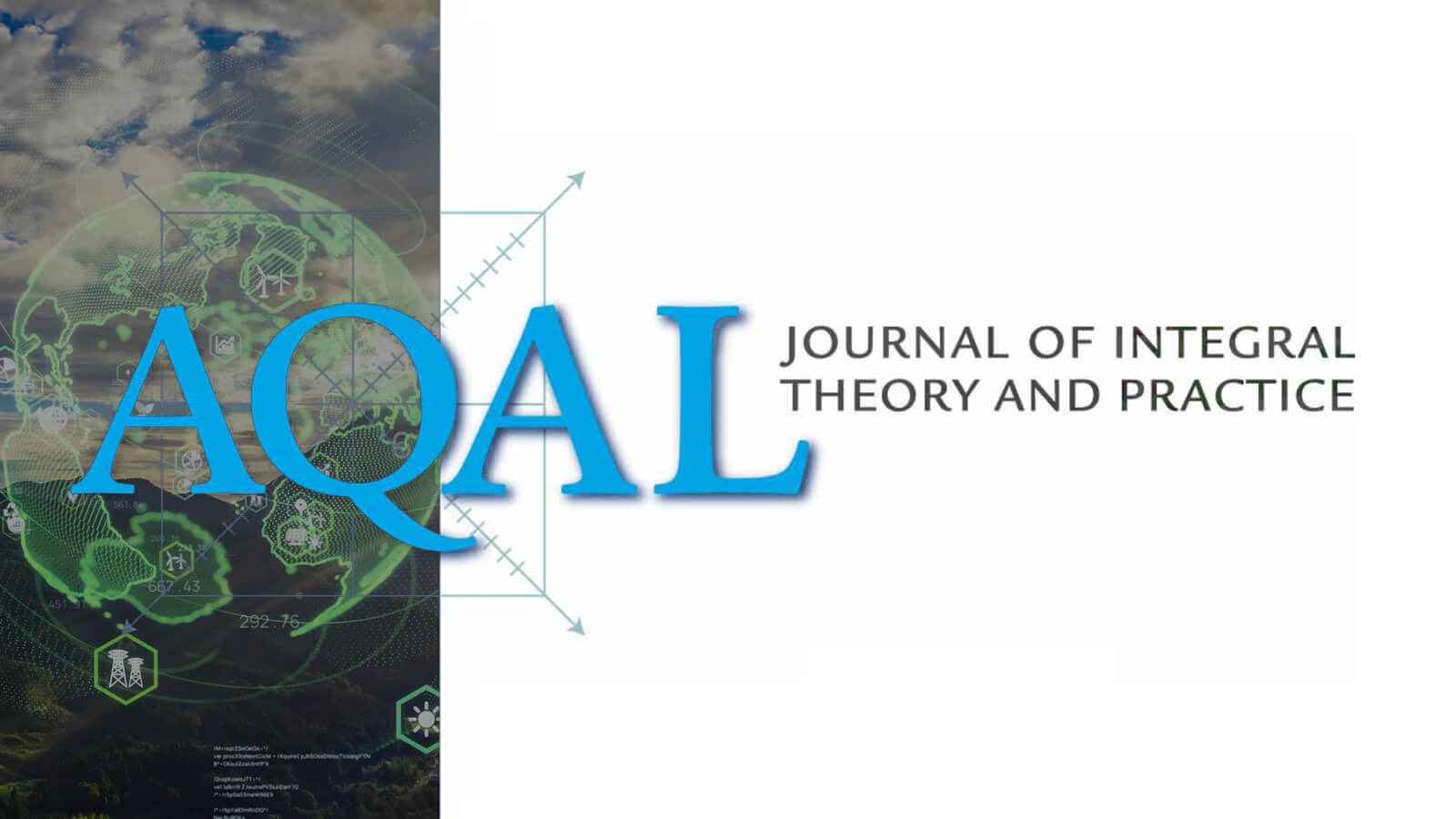This is a two-part paper that offers an overview of Integral Sustainable Development, explaining the rudiments of a practical framework that integrates the crowded conceptual and operational landscape of sustainable development and enables practitioners to 1) identify the full-range of needs and capabilities of individuals and groups, and 2) tailor the specific developmental response that fits each unique situation. The fundamentals of this framework are four major perspectives (explained in part I) and three waves of natural evolution (part II). The framework maps out and integrates human consciousness and behavior, culture, systems, and the physical environment. Drawing upon cross-cultural and transdisciplinary studies, as well as data from field researchers, this framework is shown to be vital for a comprehensive and accurate approach to addressing our social, environmental, and economic challenges. Included are introductory analytical tools for practitioners (parts I and II), as well as synopses of current sustainable development initiatives—by organizations such as the UNDP HIV/AIDS Group, and UNICEF Oman—which use the Integral framework (Appendix).
Introduction
Never before in history have we had access to so much information. The knowledge, understandings, and experiences from every sector of society and every human culture (past and present) can now contribute their part in solving the complex puzzle of existence. At the same time, never before in history have we faced such complicated and pressing social, environmental, and economic challenges. Now, more than ever, we need action based upon the deepest possible understanding of our global situation, the stakeholders involved, and ourselves.
This article introduces Integral Sustainable Development—an inclusive approach to sustainable development (SDv)—and shows its potential impact as a comprehensive method that differs from those in use today. The core of Integral Sustainable Development is a framework that can be used to:
- Organize knowledge concerning SDv by offering an expansive understanding of reality that draws on as many disciplines, worldviews, and methodologies as possible;
- Map SDv challenges of any scale—and their solutions—from the most inclusive vantage point we have to date, taking into account the major dynamics—interior (psychological and cultural) and exterior (behavioral and systemic)—which influence an initiative;
- Tailor application according to the unique interior and exterior dynamics of stakeholders and the initiative, thus helping to optimize resources and achieve more durable and appropriate solutions.
Integral Sustainable Development practitioners recognize that the more dimensions of reality a SDv initiative takes into account, the greater chance it has of becoming a long-term, sustainable solution. For example: a solution based on economic analysis alone is less sustainable than one that incorporates economic, ecological, and social understandings; this, in turn, is less viable than a solution that also includes psychological, cultural, and religious perspectives. Thus, Integral Sustainable Development practitioners are guided by the simple commitment to include as much knowledge about reality as possible, in the most sophisticated and pragmatic way available.
Part I of this two-part article offers the following: an overview of the state of sustainable development; a basic explanation of the Integral framework and its advantages; an introduction to the four major perspectives within the context of sustainable development; and a look at the importance of personal development for the sustainable development practitioner. Part II first explains three waves of natural human evolution as related to environmental sustainability; it then looks at the vital role of values and suggests two ways to work with them (transformation and translation); finally, it introduces the concept of Natural Design for sustainable development. The appendix to Part II gives a synopsis of national and international sustainable development initiatives and organizations that use the Integral framework.
You must log in to your Integral Life membership account in order to access this Journal article.
Become a member today to access this Journal article and support the global emergence of Integral consciousness
Membership benefits include:
Premium Content
Receive full access to weekly conversations hosted by leading thinkers

Journal Library
Receive full access to the growing Journal of Integral Theory & Practice library

Live Experiences
Stay connected by participating in Integral Life live events and discussions
Courses & Products
Get unlimited 20% discount off all products and courses from our friends and partners

Free Bonus Gifts
Download The Integral Vision eBook by Ken Wilber (worth $19 on Amazon) & The Ken Wilber Biography Series

Support of the movement
Support our mission of educating and spreading integral consciousness that is more critical than at any time in its history
About Barrett Brown
Barrett specializes in leader development and organizational change. For 20+ years he has supported individuals and organizations to navigate complex challenges and unlock deep capacities. Barrett is often asked to speak about leadership, and has presented worldwide to hundreds of CEOs and government officials. Barrett has been on the leadership team or advisory board of 16 companies, NGOs, and foundations, working in consumer goods, manufacturing, finance, energy, health care, media, and international development.

